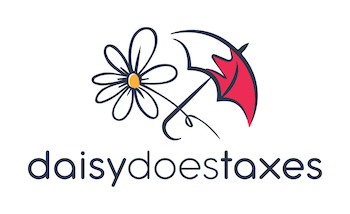Personal Appearance Deductions: Myths and Facts
One of the hottest topics we deal with as accountants is about tax deductions for sex workers and whether personal appearance expenses are valid. It seems like everyone has received advice on the topic, and all of that advice is contradictory!
Our guiding philosophy is to make smart use of tax deductions without bending the guidelines, so we can lower your tax burden without causing you the anxiety you might feel if you were to over-claim and then be audited. For this reason, we tend to be a little bit more conservative with what we recommend you write-off.
Think of it this way…

There's no use saving $10 today if you have to retain a tax lawyer to keep that $10 in your pocket.
HAIR
Let’s talk about hair! We’ve heard of folks in many industries writing off their routine hair appointments under the guise of needing to look good for work. Well… this is technically true for almost everyone who works! If that were the case, all hair appointments could be tax deductible, and that’s simply not the case.
However, there are some specific examples of when it is appropriate to expense something to do with your hair as a sex worker. First, if you are doing a photo or video shoot that requires a particular style or longevity, you can write off the single appointment it took to achieve that look. Second, if you purchase a wig to use exclusively for work, that is then part of a costume and can be written off.
NAILS
If you absorbed what we wrote about hair, you probably already know the answer here. Your routine nail appointments cannot be written off.
So what’s the exception? If you want to wear longer, polished nails exclusively for work, you can purchase press-on nails (store-bought, or there are some amazing nail techs creating custom sets) and these can be considered a valid expense. But again, they must be exclusively for work!
WAXING
This one is probably the most contentious, because it’s the one our clients are most likely to say they wouldn’t spend money on if they weren’t in this industry. That makes perfect sense… and it’s extremely frustrating that it’s difficult or impossible to prove.
There are no real exceptions here, either, unfortunately. Investing in materials to wax at home might be a more economical option, but since you can’t put the hair back on after work, it just doesn’t count as a valid expense.


